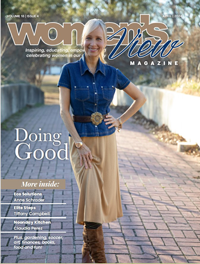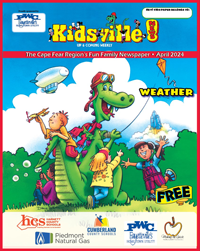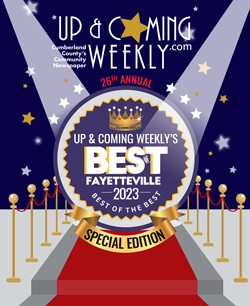A half million
images!
Can you imagine
sorting though that many photos? It is a happy challenge for the North Carolina
Collection at UNC-Chapel Hill’s libraries. It comes from the family of the late
Hugh Morton, which gave the collection all Morton’s photos, truckloads of them,
more than 60 years of his camera work all over North Carolina.
Morton always
shared his photos, most recently in two collections of his work published by
UNC Press, Hugh Morton’s North Carolina
and Hugh Morton: North Carolina Photographer.
The several hundred photos in those collections showed how widely Morton
covered North Carolina events and people.
Now, the task of
the collection is to examine the extraordinary depth of the pool of Morton’s
work and make it as accessible as possible. In the past, the sorting and
recording of photography collections has been a slow and tedious process for
libraries and museums. Once sorted and filed, the images were available only to
those who could take time to review written descriptions of the photos and then
personally examine them.
Handling the Morton
photos in this fashion would have taken lifetimes.
Modern processes
now make it possible for the staff of the collection, over time, to make
digital copies of all of Morton’s work. But it is not that simple. Take for
instance Morton’s photographic slides — approximately 200,000 of them. Using
simple, hand operated equipment to digitize these slides would take years and
years. The collection considered contracting this work to an outside company
that could get the job done in less than a year. But the cost would be “in the
six figures.” Way too much for a library budget, even for such an important
project.
{mosimage}The collection
decided instead to purchase automatic equipment like that used by the outside
contractor. But there was a problem. Because most photographers are now using
digital cameras, rather than film and sides, there is no longer a strong demand
for that conversion equipment. So, the manufacturer stopped making it.
Finally the
collection found a source for used equipment. After a series of repairs and
adjustments their “new” machine can digitize about 600 slides a day, which
means all 200,000 Morton slides could be processed within a year.
But it is only a
beginning.
Morton had several
hundred thousand other kinds of images that must be processed.
One of collection’s
staff members, Karen Hull, recently looked out over her crowded work area full
of boxes, cans, and stacks of Morton’s work. Facing the enormity of the task,
she wrote about “what it is like to process a collection as large, varied and
disorderly as the Morton photos…. How do you impose order on chaos, while
respecting what few pockets of order do exist? How do you decide what to
digitize, and when? How do you balance the needs and interests of the many
people who will use this collection with the preservation needs of the material
itself?”
One answer might
involve you, if you are willing to help. Many, probably most, of Morton’s
images do not have any identification of their subjects. That kind of
information is critical for anybody who wants to find pictures of particular
people, places and events.
Now that Morton’s
work is being digitized, the collection is posting many of them on a “Web blog”
that anyone can visit. People are checking the posted photos. When they
recognize a person or scene, they add comments that give the image an enhanced
identity.
And, they are
having fun viewing some fantastic Morton photos of North Carolina scenes and
people. If you join in, maybe you could identify two North Carolina “Dutch
Girls” in a 1940s photo. Or the beautiful woman holding an X-Ray with WBT radio
personality Grady Cole.
Visit this Web
address: www.lib.unc.edu/blogs/morton/
You can help
document history and get an early look at some of the half million Morton
pictures that will someday be available for everyone to see.
How Would You Sort Out 200,000 Photos?
- Details

 How to resolve AdBlock issue?
How to resolve AdBlock issue? 









